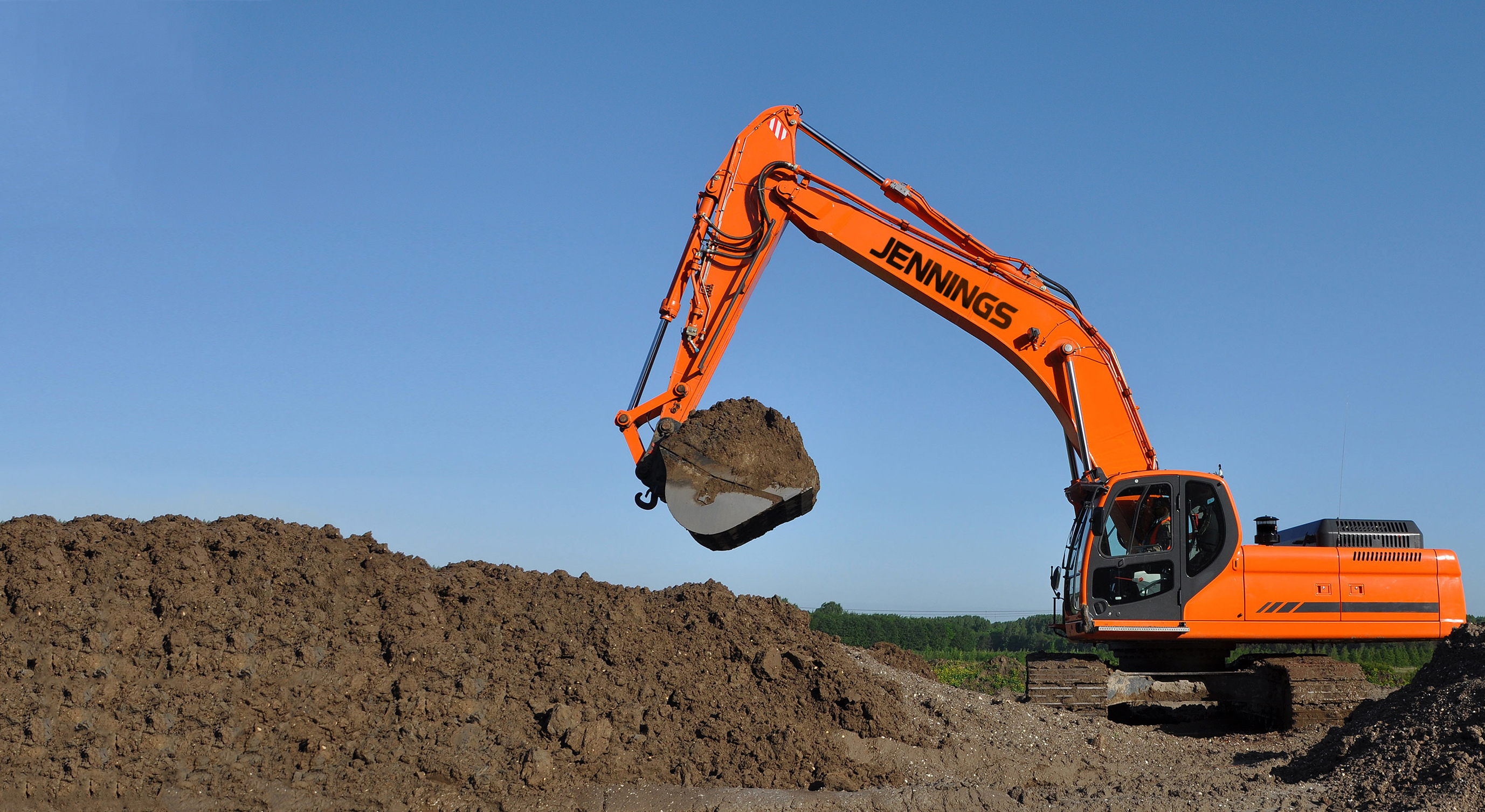
06 Oct Effective Waste Management in Bulk Excavation
A bulk excavation project comes with many essential elements to think about. One of the most complicated parts of excavating any building involves making sure you know how to store materials and manage waste.
The law dictates that all UK construction sites must be maintained in “good order.” This means that even when a company is removing all the elements inside a building, they still need to do their best to keep the area clean.
The objective for most organisations will be to maintain a good standard of “housekeeping” throughout the site, where contractors manage and monitor their work for safety purposes.
Keeping Bulk Excavation Sites Tidy and Safe
Making sure that a site for bulk excavation is both safe, and in “good order” often evolves a careful consideration of two things: material storage, and waste management.
Efficient material storage practices depends on good collaboration and coordination between everyone who’s working on the site at any given time. At Jennings Demolition, our team starts every excavation project with an in-depth conversation around material storage and waste management. This often means that we take time to outline details like:
- Storage: Where materials will be stored, as well as where waste and flammable substances must go before they’re removed as waste.
- Pedestrian routes: Waste and materials must never be allowed to spread onto walkways and footpaths. We always make sure that our waste strategy doesn’t obscure access routes for workers and clients.
- Tidiness and ongoing maintenance: Keeping all storage and work areas tidy helps to reduce the risk of overflow in any excavation environment. A consistent commitment to good housekeeping ensures that our team can approach each project with due care and safety.
Addressing the Issue of Waste Management
There are various areas of legislation laid out by the United Kingdom government that govern the way that waste must be managed and disposed of in an excavation project. As a professional demolition team, we’re careful to make sure that we hold ourselves accountable to these standards.
Whether we’re dealing with low-risk waste or hazardous waste, we always ensure that we’re following the expectations laid out by the HSE (Health and Safety Executive) group.
Proper waste management is essential because the Environmental Agency and Local Authorities are always watching for any company that fails to manage their waste correctly. However, the correct process also helps to prevent any significant safety hazards from affecting the work of our teams.
How Companies Handle Waste Management
In a bulk excavation project, teams must decide at an early stage:
- Who will be responsible for collecting and disposing the wastes produced at the work site. Problems arise most often when team members don’t have a clear vision of their individual and group duties.
- How the waste will be stored during sessions of building work, and how it will be removed at the end of each day.
- When various components of excavation waste need to be removed to maintain a secure and safe working environment.
Some waste materials at an excavation site will be riskier than others. For instance, flammable waste materials like timber and packaging need to be consistently cleared away to reduce the risk of fire. Additionally, it’s essential for work areas to be cleared of excessive waste so that mistakes are not made. A cluttered workplace frequently leads to problems for any professional.
For the most part, waste throughout the day will be handled through the use of skips. This means that teams need to think carefully about how they can ensure that there is enough space on-site for skip placement. Building excavation companies must consider where the skips will be positioned, and how often they need to be collected to ensure ongoing safety in the workplace.
Eliminating and Minimising Waste
Proper waste management is essential to a successful project.
Some waste generated during excavation will need to be eliminated immediately through a professional collection service. In other cases, companies like Jennings can reduce the amount of waste on-site at any given time by creating a reliable schedule for the collection and removal of construction byproducts.
In certain situations, if a building excavation will be followed by a new construction project, some companies may even choose to recycle some of the materials that they collect from the previous building.


No Comments